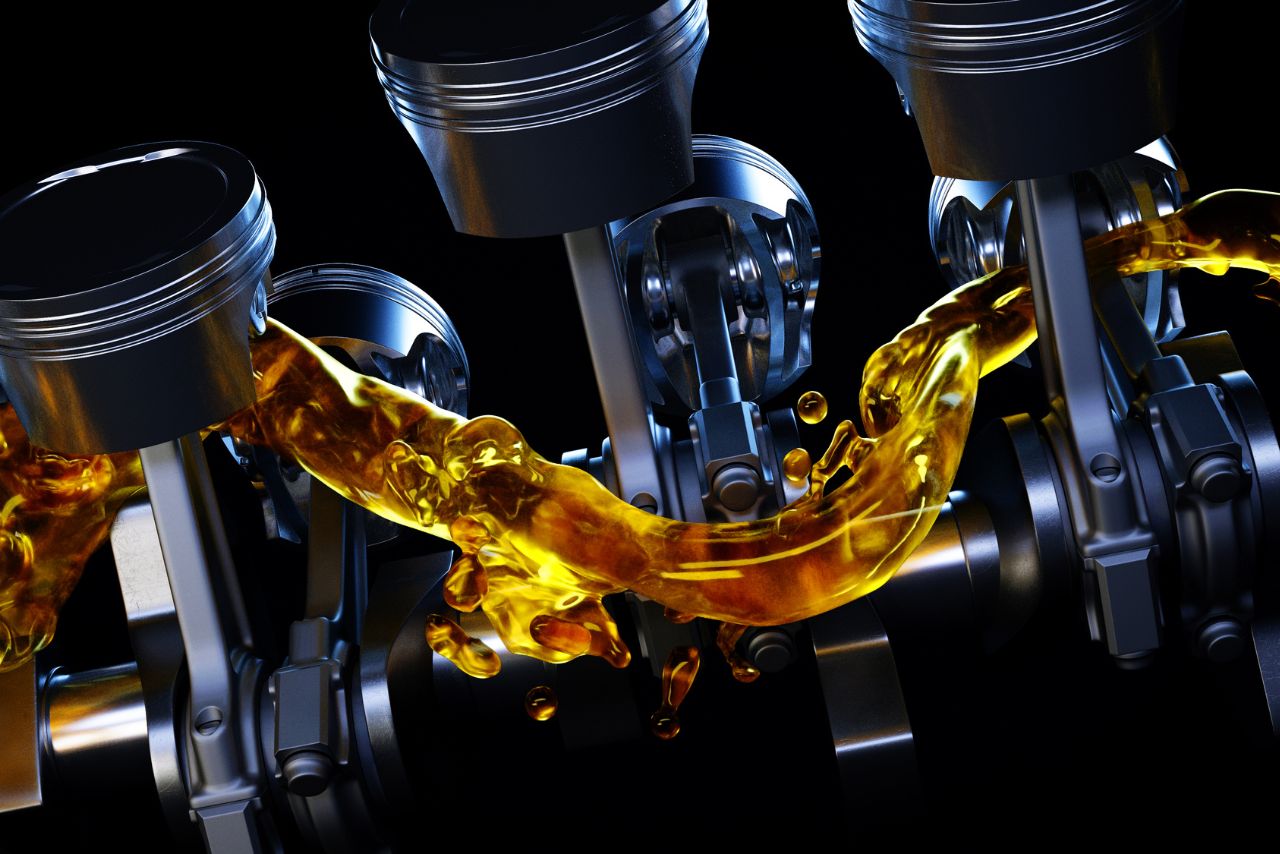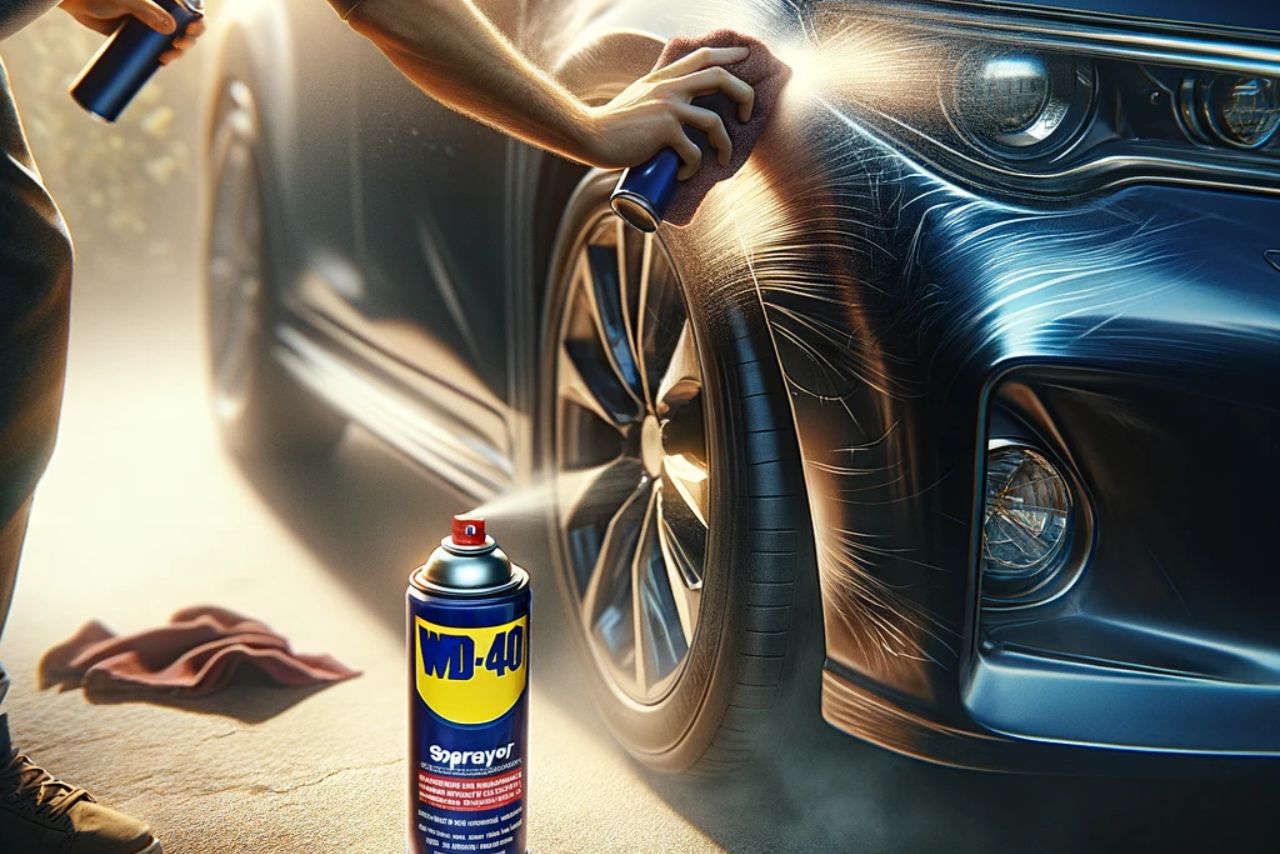When it comes to choosing the 0W-30 vs 0W-20 right oil for your engine, there are a few key factors to consider.
One of the most important decisions you’ll need to make is whether to go with 0W-30 or 0W-20. While both oils offer protection against wear, they differ in their ability to handle extreme temperatures.
According to experts, 0W-30 oil provides decent engine protection but falls short compared to its counterpart, 0W-20. The primary advantage of 0W-30 lies in its ability to withstand high temperatures exceeding 400°F. This makes it an excellent choice if you frequently drive in extremely hot climates or push your engine under demanding conditions.
On the other hand, when it comes to protecting your engine from wear and tear, nothing beats 0W-20 oil. It excels at safeguarding crucial components and minimizing friction between moving parts more effectively than its thicker counterpart.
So if maintaining optimal performance and prolonging the lifespan of your engine are top priorities, then opting for 0W-20 oil would be a wise decision.
Table of contents
0W-30 vs 0W-20: Understanding the Differences:

When it comes to choosing the right oil for your engine, understanding the differences between different viscosity grades is essential.
In this section, we will delve into the distinctions between 0W-30 and 0W-20 oils, shedding light on their unique characteristics and applications.
Here’s what you need to know:
Viscosity Rating:
0W-30: This grade of oil has a higher viscosity compared to 0W-20. It means that it is thicker at operating temperatures.
0W-20: On the other hand, this grade of oil has a lower viscosity, making it thinner when your engine reaches its optimal temperature.
Engine Protection:
Both oils provide adequate protection against wear and tear for your engine.
However, while both oils do an excellent job in safeguarding vital components from damage caused by friction during normal driving conditions, there is a difference in their levels of protection.
According to experts, 0W-30 oil offers decent wear protection but not as much as its counterpart.
Conversely, if you opt for 0w-20 oil instead, you can expect even greater wear protection for your engine.
Temperature Suitability:
Extreme heat or cold can affect how well an oil performs within an engine system.
If you live in an area with extreme temperature fluctuations or frequently experience high temperatures above 400°F:
Choosing the more robust option of 0w-30 would be beneficial due to its ability to withstand higher temperatures effectively.
Alternatively, if you reside in a moderate climate or don’t encounter extreme temperature conditions regularly:
Opting for the lighter consistency of 0w-20 won’t compromise performance while providing adequate protection.
The choice between 0W-30 and 0W-20 oil depends on your specific needs. While both oils offer engine protection, they differ in viscosity ratings and temperature suitability. If you prioritize enhanced wear protection or anticipate extreme temperature conditions, 0W-20 might be the better option.
However, for those seeking a balance between performance and durability in normal driving conditions, 0W-30 could be a suitable choice.
Remember to consult your vehicle manufacturer’s recommendations or seek advice from a qualified professional to ensure you select the right oil grade for optimal engine health and longevity.
You should must watch this video for better protection:
The Benefits of Using 0W-30 Oil in Extreme Temperatures:
- Optimally suited to state-of-the-art diesel and petrol engines with and without multi-valve technology, Valvetronic, turbochargers and with and without diesel particle filters (DPF) or intercooling
- It is especially suitable for long oil change intervals and high engine loads
- This lubricant was developed primarily for use in various Volvo models. with these specifications in various vehicle types
When it comes to extreme temperatures, using the right oil for your engine is crucial. 0W-30 oil offers several benefits that make it a suitable choice in these conditions:
| \400°F) | ||
|---|---|---|
| OW -20 | Lower extent | Not as ideal |
| OW -30 | Higher extent | Better suited |
How 0W-30 Oil Protects Your Engine from Wear?
In summary:
When it comes to protecting your engine from wear and tear:
Remember: Choosing the right oil for your engine is crucial to maintain its longevity and performance. Consider consulting your vehicle manufacturer’s recommendations or seeking professional advice to determine the most suitable choice between 0W-30 and 0W-20 oils.
Why 0W-20 Oil Offers Greater Engine Protection?
- ADVANCED PROTECTION AGAINST the four main causes of engine breakdown: wear friction heat and deposits
- 40% BETTER WEAR PROTECTION vs. industry standard as tested in the Sequence IVB engine test
- 25% BETTER DEPOSIT PROTECTION with superior engine cleaning detergents as tested in the GMOD engine test
- EXCEPTIONAL HIGH/LOW TEMPERATURE PROTECTION defends your motor no matter the weather conditions
- MINIMIZE EXPENSIVE REPAIRS due to exhaust system damage by shielding important engine components
- MEETS OR EXCEEDS ALL REQUIREMENTS of ILSAC GF-6A, API SP, API SN with SN PLUS, API SN, GM dexos 1 Gen 3
- AMERICAN MADE & FORMULATED to maximize your engine’s life and improve it’s performance
According to experts, 0W-20 oil provides greater engine protection compared to 0W-30 oil. Here are some reasons why:
Thinner Viscosity:
0W-20 oil has a lower viscosity than 0W-30 oil. This means it flows more easily and quickly throughout the engine, reducing friction and wear on moving parts.
The thinner consistency of 0W-20 oil allows for better lubrication during cold starts, ensuring optimal engine performance from the moment you turn your key.
Improved Fuel Efficiency:
Due to its lighter weight, 0W-20 oil helps reduce internal resistance within the engine components.
This reduction in friction leads to improved fuel efficiency since less energy is wasted overcoming resistance.
Enhanced Wear Protection:
Despite being thinner, studies have shown that modern formulations of 0W-20 oils provide excellent wear protection even under high-stress conditions.
Advanced additives in these oils help create a protective barrier between metal surfaces, minimizing metal-to-metal contact and reducing wear on critical engine parts.
Better Heat Dissipation:
While not as well-suited for extreme temperatures as 0W-30 oil, 0W-20 still offers effective heat dissipation properties.
It helps draw heat away from vital components such as pistons and cylinder walls, preventing excessive heat buildup that can lead to damage or reduced performance.
Manufacturer Recommendations:
Many automakers recommend using low-viscosity oils like 0W-20 for their vehicles due to their superior protection and fuel-saving benefits.

Although both oils offer some level of engine protection, experts suggests that opting for a modern formulation of 0w-20 oil provides even greater benefits.
Its thinner viscosity, improved fuel efficiency, enhanced wear protection, and effective heat dissipation make it an excellent choice for maximizing engine performance and longevity.
Choosing the Right Oil for Your Vehicle: Considerations and Recommendations
When it comes to selecting the right oil for your vehicle, there are a few important factors to consider.
In this section, we will discuss the differences between 0W-30 and 0W-20 oils and provide some recommendations based on specific needs.
Key Points:
- Viscosity Grades: The numbers before “W” in both oils represent viscosity grades. Lower numbers indicate thinner oil that flows more easily at low temperatures.
- Engine Protection: While both 0W-30 and 0W-20 oils offer engine protection, they differ in their effectiveness levels.
- 0W-30: Provides good engine wear protection but is not as effective as 0W-20 oil.
- 0W-20: Offers superior engine wear protection compared to 0W-30 oil.
- Extreme Temperatures: If you frequently drive in extreme temperature conditions (over 400°F), such as during hot summers or severe cold weather, you may want to consider using a specific type of oil that can withstand these extremes effectively.
- 0W-30: Better suited for extreme temperatures due to its higher viscosity at high temperatures.
- Manufacturer Recommendations: Always refer to your vehicle manufacturer’s guidelines when choosing an appropriate motor oil type and viscosity grade.
Recommendations:
Based on the information provided above, here are our recommendations regarding which oil might be best suited for your vehicle:
For Most Vehicles:
If your car manual suggests using either 0w-20 or 5w-30, go with the recommendation from your manufacturer.
Both options will provide sufficient engine protection under normal driving conditions.
Extreme Temperature Conditions:
If you live in an area with consistently extreme weather conditions (very hot summers or extremely cold winters), opt for a synthetic 0W-30 oil.
The higher viscosity at high temperatures will offer better protection for your engine.
Remember, selecting the right oil for your vehicle is crucial to ensure optimal engine performance and longevity. Always consult your vehicle manual or seek professional advice when in doubt.
Conclusion and final thoughts 💭
When it comes to choosing between 0W-30 and 0W-20 oil for your engine, both options have their advantages.
While 0W-30 oil may not offer the same level of protection as 0W-20 oil, especially in terms of reducing wear, it excels in extreme temperature conditions above 400°F.
If you live or frequently drive in areas with extremely high temperatures, opting for 0W-30 oil can provide better performance and safeguard your engine against potential damage caused by overheating.
On the other hand, if wear protection is your primary concern, then 0W-20 oil would be a more suitable choice due to its superior ability to minimize engine wear.





Leave a Reply